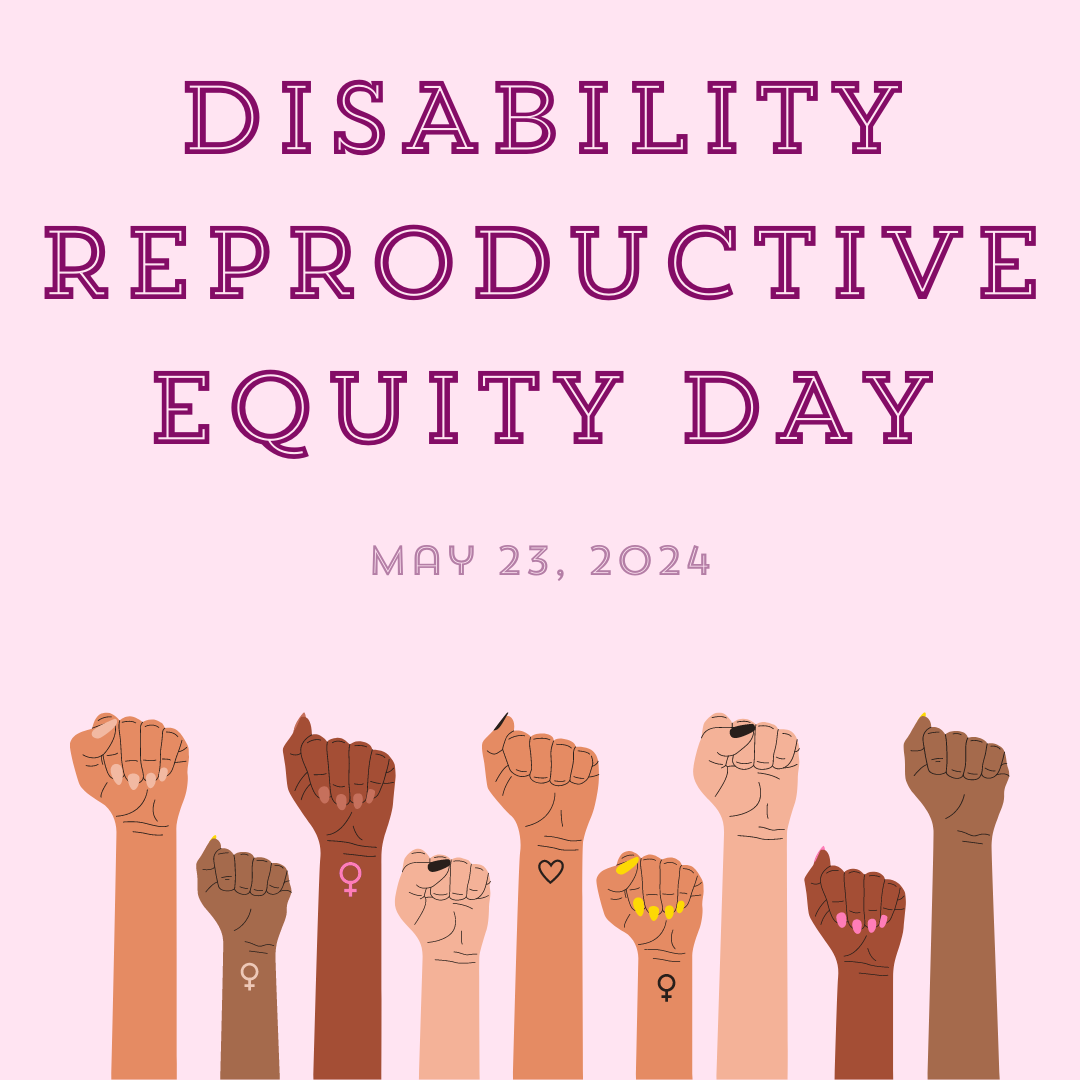Today, ‘disability justice is reproductive justice’ — but that hasn’t always been the case
By Sara Luterman,
The 19th News
| 05. 23. 2024
Historically, the disability and reproductive rights movements have operated separately, “just ignoring each other,” as one advocate put it, as they pursued aims that at times felt contradictory: While one movement fought for full abortion access, the other sought for people to stop ending pregnancies where disabilities were detected. A new House resolution announced Thursday by Rep. Ayanna Pressley highlights shifts in the movements’ relationship accelerated by the end of federal abortion rights and growing acknowledgement of common ground: bodily autonomy and self-determination.
Advocates for reproductive and disability rights and justice were set to gather with Pressley, a Massachusetts Democrat, outside the U.S. Capitol to announce the Disability Reproductive Equity Act. The resolution would establish an annual Disability Reproductive Equity Day in May to highlight the unmet reproductive health care needs of the disability community.
“Disability justice is reproductive justice, and we cannot have one without the other. I am so proud to work with advocates from all walks of life and put forward this necessary, intersectional legislation,” Pressley said in an exclusive comment shared with The 19th.
A matching...
Related Articles
By Roni Caryn Rabin, The New York Times | 01.22.2026
The National Institutes of Health said on Thursday it is ending support for all research that makes use of human fetal tissue, eliminating funding for projects both within and outside of the agency.
A ban instituted in June 2019 by...
By Mike McIntire, The New York Times | 01.24.2026
Genetic researchers were seeking children for an ambitious, federally funded project to track brain development — a study that they told families could yield invaluable discoveries about DNA’s impact on behavior and disease.
They also promised that the children’s sensitive...
By Phil Galewitz, NPR | 01.20.2026
Serenity Cole enjoyed Christmas last month relaxing with her family near her St. Louis home, making crafts and visiting friends.
It was a contrast to how Cole, 18, spent part of the 2024 holiday season. She was in the hospital...
By Dan Barry and Sonia A. Rao, The New York Times | 01.26.2026
Photo by Gage Skidmore from Peoria, AZ, United States
of America, CC BY-SA 2.0, via Wikimedia Commons
Late last month, a woman posted a photograph on social media of a purple hat she had knitted, while a black-and-white dog...




